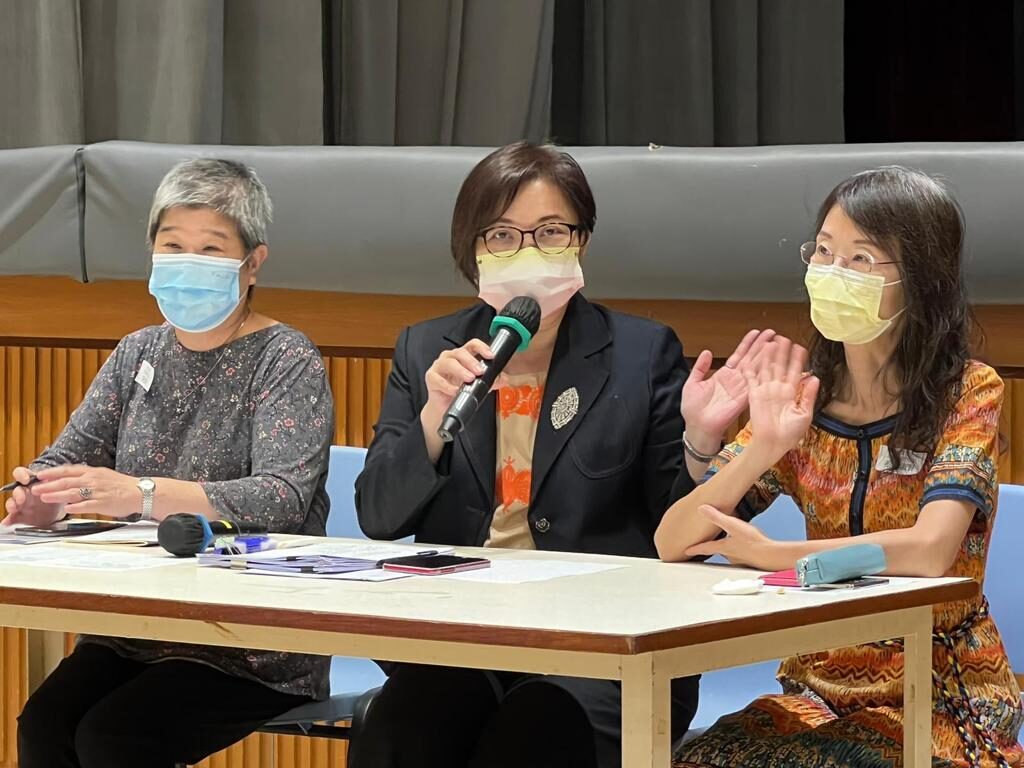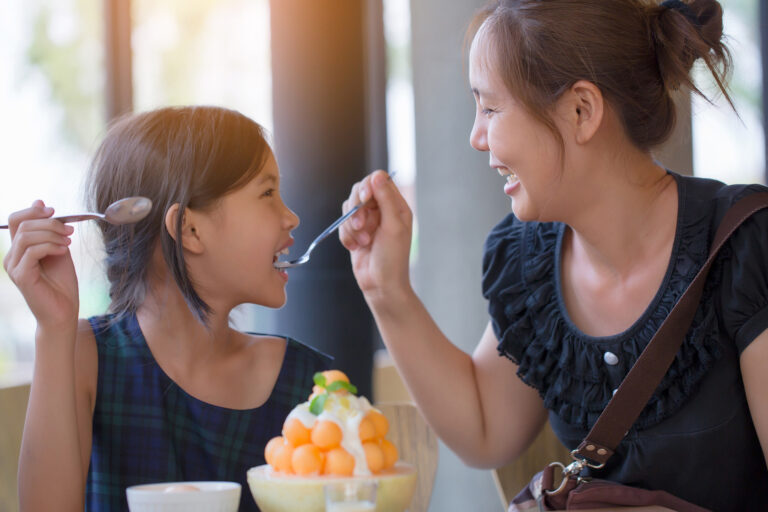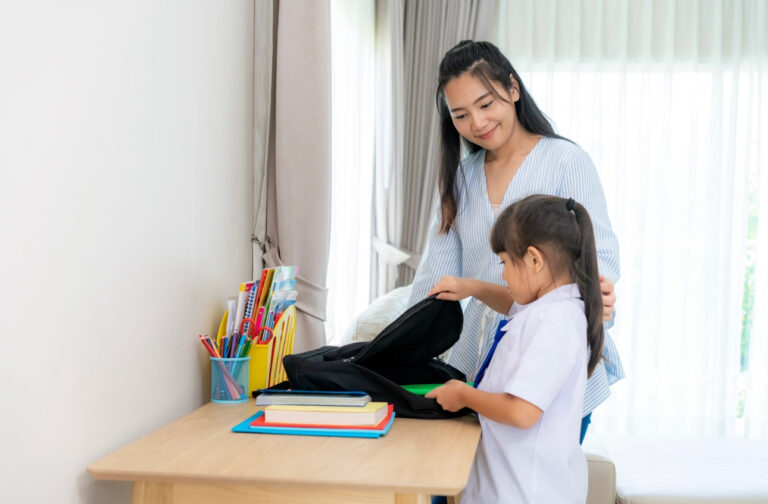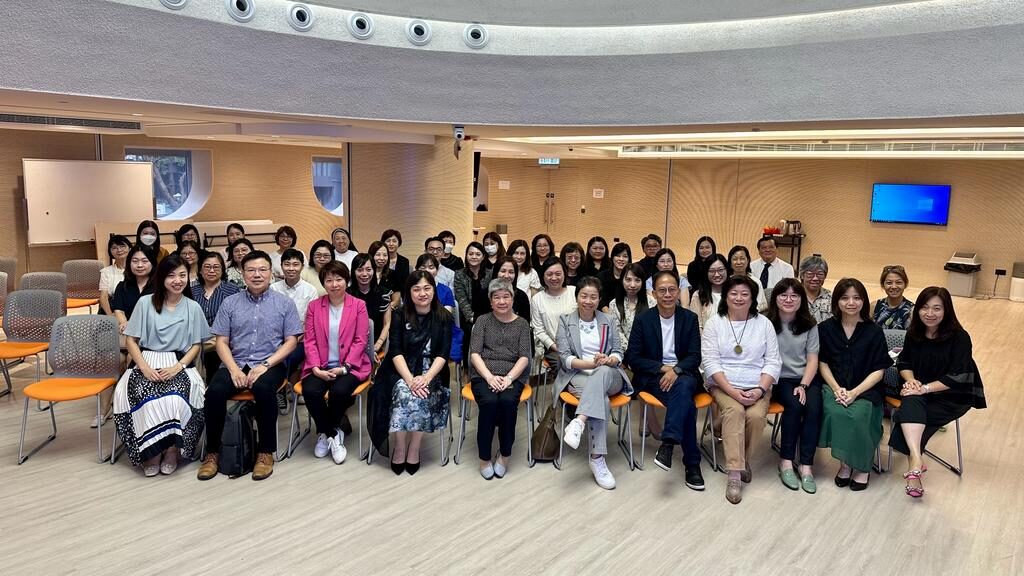
Author: admin


Result of self-assigned degree for primary one admission
- Post author By admin
- Post date 2024-01-24
In accordance with the revelation of the gospel of Christ and the essence of inherited culture, Catholic schools guide students to establish a correct mind, so that they can become highly healthy people, with good taste and courage to innovate!
Primary One Admission Application for 2024-2025 – First Stage Interview Results Announced
- Post author By admin
- Post date 2024-01-24
In accordance with the revelation of the gospel of Christ and the essence of inherited culture, Catholic schools guide students to establish a correct mind, so that they can become highly healthy people, with good taste and courage to innovate!
All schools in Hong Kong suspend face-to-face classes
- Post author By admin
- Post date 2024-01-24
In accordance with the revelation of the gospel of Christ and the essence of inherited culture, Catholic schools guide students to establish a correct mind, so that they can become highly healthy people, with good taste and courage to innovate!

Source: Psychotherapist, Lee Wai Tong
The parents begin feeding the baby milk and gradually introduce paste from the time the baby is born. Then children can start to hold their own utensils and eat on their own, one bite at a time while watching them grow up. But when the children reach the age of 6 to 7, they will suddenly ask their parents to feed them. What is the reason for this? How can this be resolved?
Whenever children grow up, their parents are happy, especially when their children eat. In the past, they had to be fed by their parents, but later they learned to use utensils and eat by themselves, which was originally a very happy thing. However, many parents do not understand that when children can eat on their own, they begin to ask their parents to feed them. This is because the intimacy of parental feeding feels good and may make children want to be fed.
When children are young, it is fun for parents to feed them, but when children grow up, it is a headache for parents if they still want to be fed halfway through a meal. We don’t want to spoil the atmosphere of the meal because of the feeding problem, so we need to learn that when children ask to be fed in the middle of a meal, we can solve the problem in the following ways:
Parents can say to their children, “If you take two more bites of rice, mommy and daddy will start feeding.” The next time the same thing happens, say, “If you eat three more bites, mommy and daddy will start feeding,” gradually shorten the time of parental feeding, and gradually extend the time of children eating on their own. Later on, there is a chance to finally just feed him a bite to maintain the intimacy of the parent-child relationship but also to make the eating atmosphere more interesting.

Source: Parenting Specialist, Ken Sir
Some mothers often ask me, “How should I show my love for my children?” Will it be spoiled by expressing too much? I think that Chinese people are more introverted and are often afraid to express their love. Especially when you want to express your concern for him but end up with a different attitude.
I once saw a mother and her little child lost in Shatin and then reunited. How did the mother behave after the reunion? She grabbed him by the hand and hit him while saying, “I just couldn’t see you; do you know how scared I was?” I am very worried about you. What can I do if I can’t see you?
In fact, everyone knows that his mother loves him, but the child cannot feel it. I often share an example of how to express love in my lectures. When I was a child, my father ordered a drink, and since he didn’t have much money at the time, he asked the waiter for an extra cup after ordering a hot drink. He kept pouring the drinks around in front of me, trying to get the drinks cold as soon as possible so that the kids wouldn’t burn their mouths when they drank them and they could drink them faster, but I found that if the kids asked their parents or I asked many of the student’s parents, they would all answer, “This will get cold faster.”
When responding to children, parents should express their deepest feelings, such as “Because I love you, how would I do this thing if I didn’t love you?” Do I do it for the one next to me? In fact, there are many things we can do in life to express love, but there is one thing we must remember if we are to avoid causing spoiled, you must remember the following two points.
The first point is that if a child can do something, he should be allowed to do it; you should not fight to make him do it. The second point is that when a child makes a mistake, we should correct him. In the process of correction, we should be gentle and firm, and serious when we need to be serious. However, remind the child that he or she should be told the solution, not just no or wrong. If so, the child will not improve.
How can parents help young children adapt to primary school life both psychologically and physically?
- Post author By admin
- Post date 2024-01-16

Source: Professor Chiu Wing Kai, Chair Professor of Sociology at the Education University of Hong Kong.
It’s already been 5 months into 2023 and summer vacation will be coming soon, followed by the start of the new school year in September. For K3 students to start their primary school life. However, these students have spent most of their 3-year kindergarten education in online classes due to the pandemic, with little face-to-face interaction. How can parents help them adapt to their new academic and social life in terms of their psychological and physical well-being.
Students who are promoted to Primary 1 are at most at K2 level because they have not returned to school for at least one full year. There are many things they need to adapt to when transitioning from kindergarten to primary school. These include school schedules, daily routines, and learning styles that are vastly different from what they are used to. Kindergarten classes typically last for around 20 minutes, after which they move on to another subject, but in primary school, classes can be 35 minutes or longer, making it difficult for them to maintain their focus. All of these issues can create significant adaptation problems for young students.
So how can parents explain these changes to their children? Firstly, parents should not be too anxious, as many primary schools offer simulation courses and adaptation weeks for new students, as well as school visits. Primary schools are usually much larger than kindergartens, and young students may be excited about the various facilities and opportunities available to them. However, it is best to start talking to them once they begin school, as too much information too soon may be overwhelming. Simply telling them, “Yes, this is what school is like” is often enough.
Additionally, some things that young students may not be capable of now do not mean they cannot accomplish them, they just need time to grow and develop. Parents need to remember that every child has a different growth rate. After starting school, observe their emotional changes when they return home from school, and if you notice any issues, pay close attention to them.
It takes time for young children to adapt, but sometimes parents also need to adapt. In kindergarten, we refer to it as the Homeroom (regular class location), where one teacher leads the class, and children usually only see one or two teachers. If parents need to participate or collaborate with the school, they can simply find that teacher. In primary school, each subject has different teachers, so if any issues arise, parents need to consider how to communicate with each teacher.
資料來源:
Hollin,P., Baron-Cohen, S.,& Hadwin,J.(1999). Teaching children with autism tomind-read. West Sussex, England: Wiely Press
Lowry,L.(2015).” Tuning in” to others: How young children develop theory of mind. TheHanen Centre.
香港痙攣協會 (2005). 聯情繫意: 發展自閉症幼兒的社交能力. 香港痙攣協會.
Children often shirk their responsibilities, and parents should be held accountable?
- Post author By admin
- Post date 2024-01-16

Source: Psychotherapist, Lee Wai Tong
Whenever something happens, children will use different excuses to shirk their responsibility toward others. Parents may then scold the child for this, but this may make the child avoid taking responsibility. Faced with this situation, what can parents do?
First of all, when parents ask children, “Why didn’t you finish the work?” or “Why don’t you understand?” Parents want their children to take responsibility. But at this time, the child will want to shirk the responsibility and give it to someone else, but at the end of the day, the parents actually want the child to take responsibility. You should know that responsibility starts with the child having the time to make decisions because having the time is called having a sense of autonomy. If children can have a sense of autonomy, they will be more likely to be responsible.
For example, if he does not know how to do his homework and is asked why he does not understand, he will say that the teacher did not teach him, the teacher did not teach him well, or that the other students were noisy. At that moment, if parents continue to say that he is not concentrating in class, they will only make the child throw the responsibility further away. So at this point, we need to know how to do better since we are facing difficulties and then work with the child to figure out how to do it.
The child will feel responsible for doing a good job, so naturally he will put the responsibility back on himself and let himself do it. And when children can do things on their own, they will be more willing to take responsibility. This is why I always say that the most important thing for parents is not to be accountable because accountability only teaches children to unload their responsibilities, while we can help our children take responsibility and accomplish things together. This is the most important lesson we often teach our children about responsibility.

School Sports Cup
Student Chen Dawen (1B)


